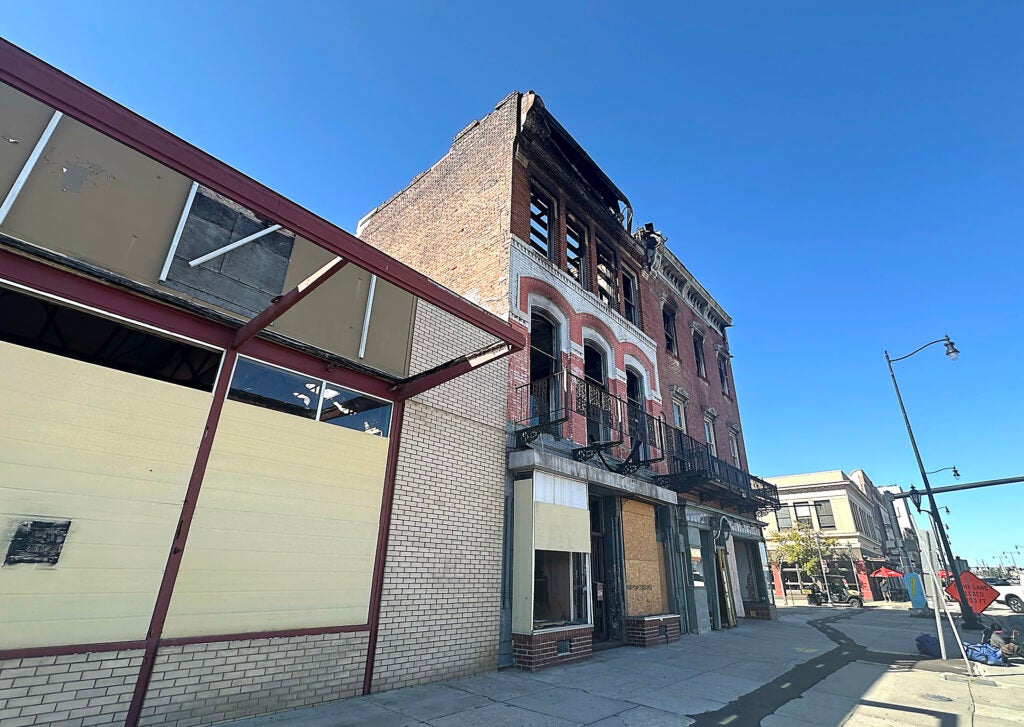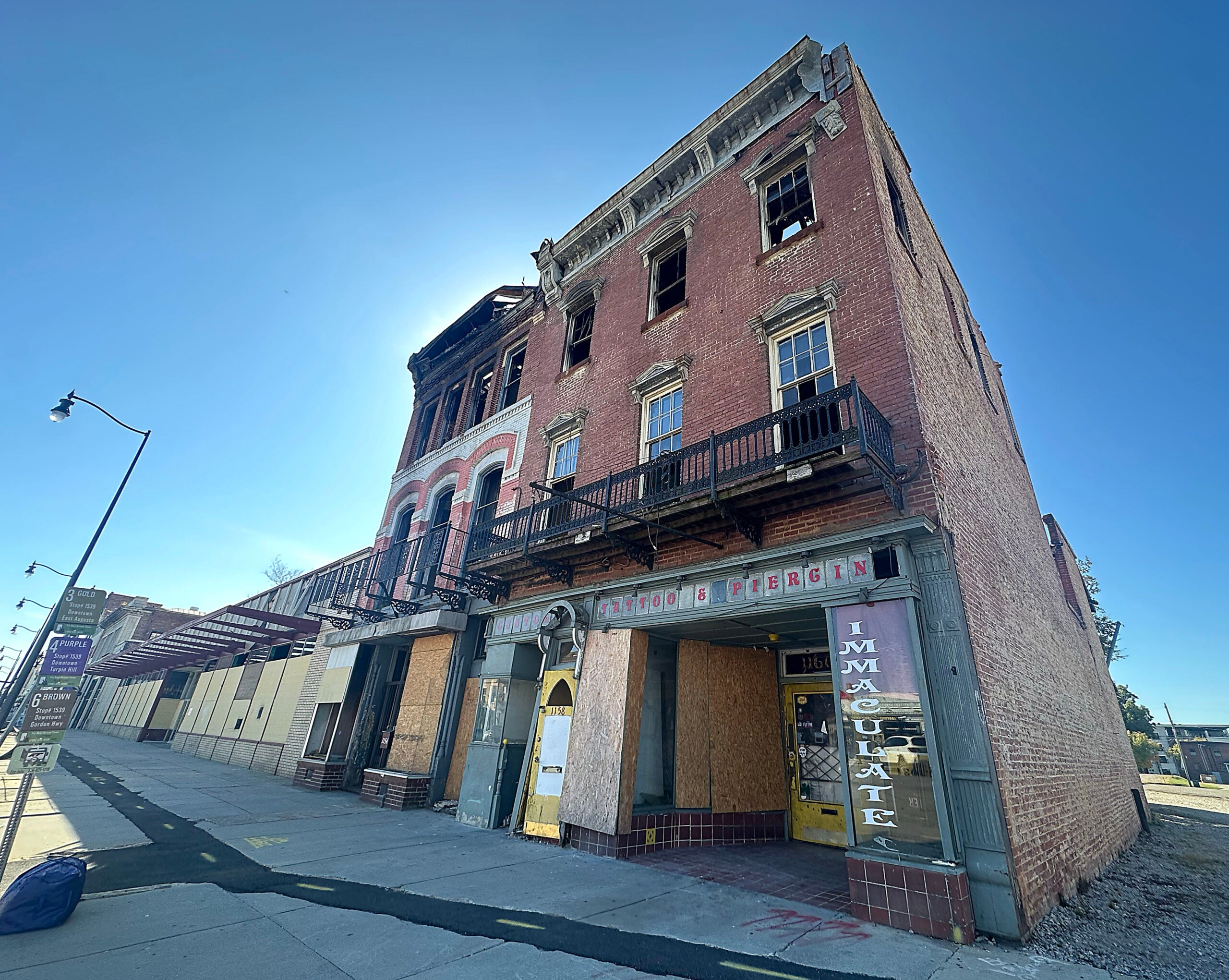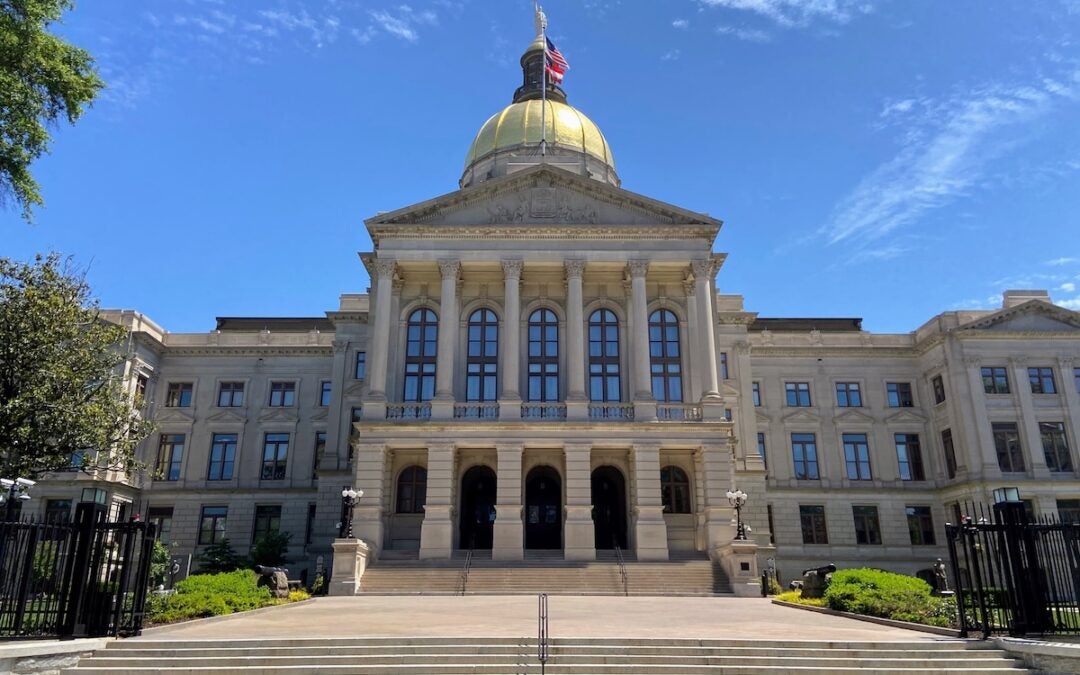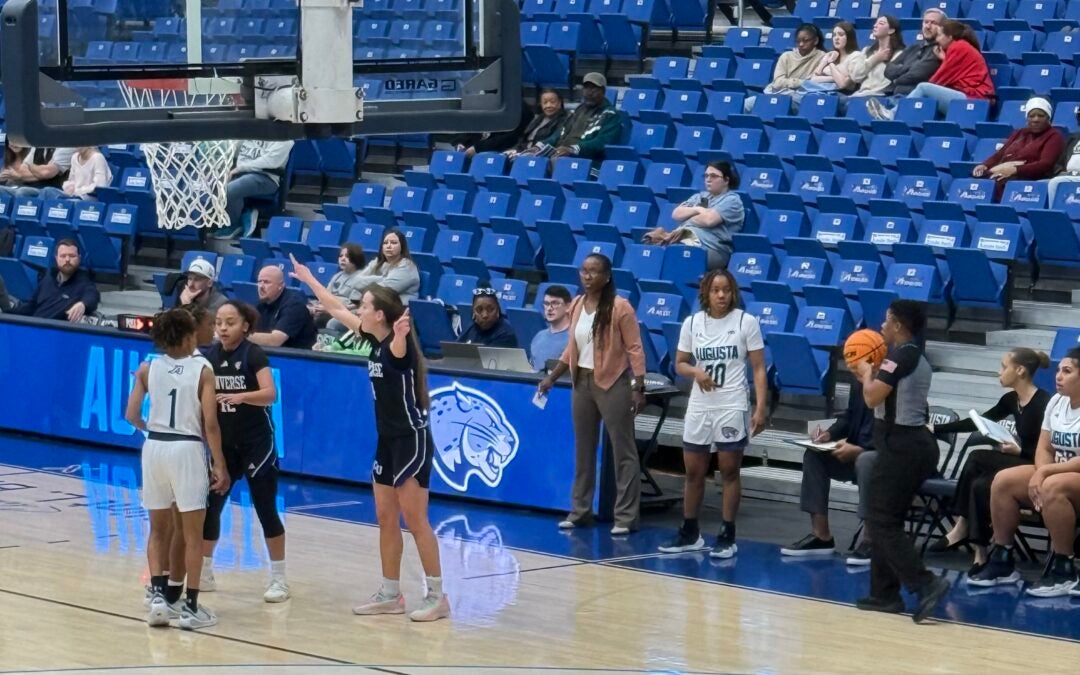Plans to demolish three buildings on Broad Street and use the land for temporary parking advanced Thursday under strict conditions imposed by the Augusta Historic Preservation Commission.
The unanimous vote allows owner Amar S. Patel of Savannah, with Naman Augusta LLC, to raze the long-neglected properties, two dating to the 1890s, but only after meeting safeguards ensuring he follows through on a long-promised hotel.
Patel acquired the parcels in the 1100 block, including the former Sky City building and a gravel lot where another structure burned in 2016. In 2021, he sought to demolish the remaining buildings for a boutique hotel, which the HPC approved, provided he submitted hotel site plans and permits within six months. The project never materialized.
Left unsecured, the structures became shelters for the unsheltered and fell further into decay. Last month, a man was arrested for allegedly setting a fire that caused major damage. An arson investigation remains open.
Historic Augusta maintained Thursday that Patel is “directly responsible” for the deterioration, saying he never properly mothballed the buildings. The group urged the HPC to require a performance bond “to ensure the hotel project actually moves forward before the demolition takes place.”
City staff recommended denying the request to demolish but if it did approve, to require Patel agree to a city site plan review, fixed timeline, design oversight and a performance bond.
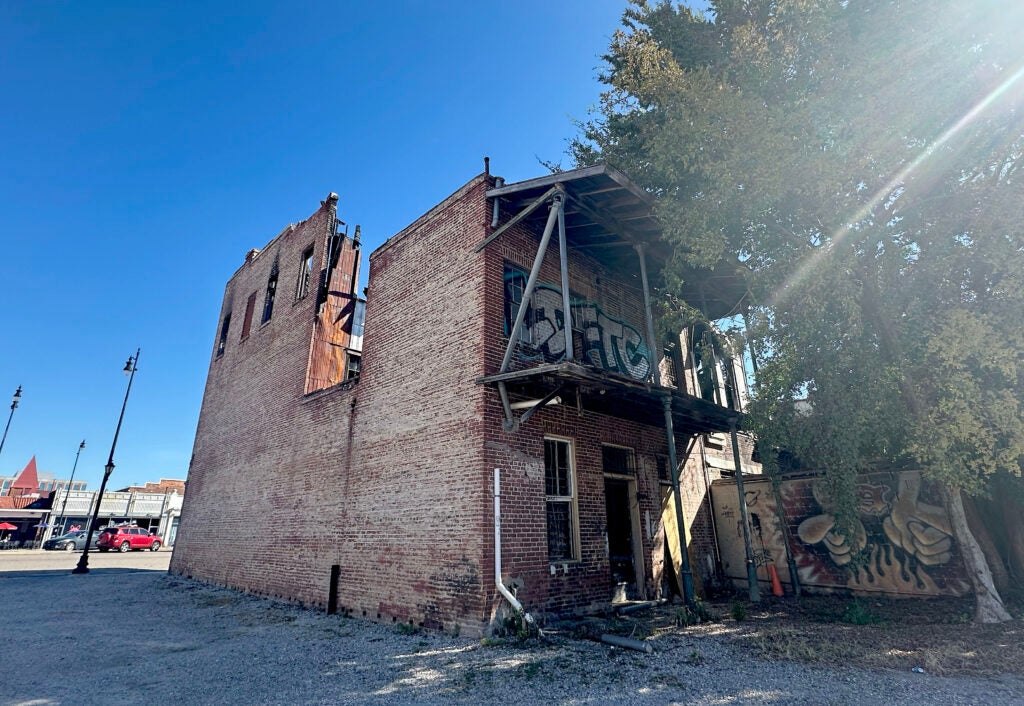
Developer cites costs, offers TIA parking relief
Attorney Jim Trotter, representing Naman said rising costs and interest rates delayed the hotel plans, while Naman “spent over $50,000 since 2021 trying to secure these buildings.”
According to Trotter, nearby business owners urged Patel to create temporary parking during ongoing Broad Street streetscape construction funded by the Transportation Investment Act that has concerned them greatly.
“Naman has agreed to do so at their expense,” he said. “It will be for the public’s use, to support these downtown businesses over the next 2–3 years.”
The plan has the backing of Mayor Garnett Johnson and Commissioner Jordan Johnson, whose district includes downtown, he said.
“My clients intend to build a new hotel on that property,” Trotter said. “They intend to invest over $60 million into downtown Augusta.”
Trotter opposed the bond requirement, saying it “has no precedent” in HPC actions, and instead offered an option for the city or Downtown Development Authority to repurchase the property if a hotel isn’t started within four years.
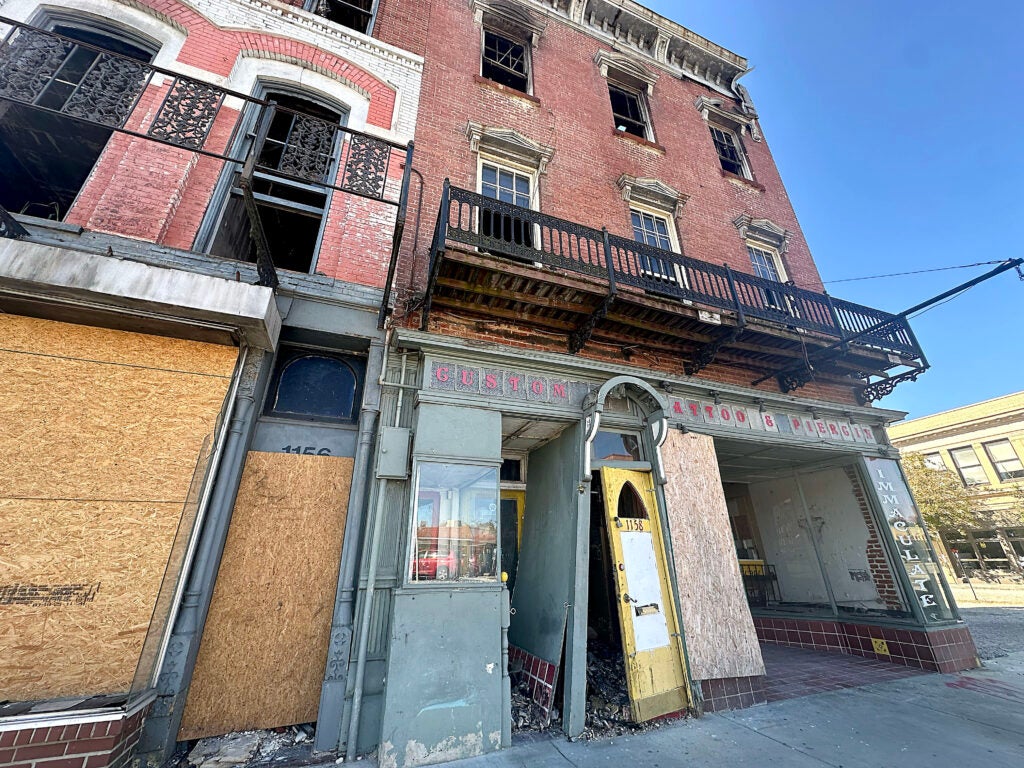
Businesses, law enforcement support plan
Sean Wight, owner of Frog Hollow Hospitality, told the HPC his and nearby restaurants like Mellow Mushroom, SoSal, and Laziza “need this parking” as the streetscape construction is hurting sales. Frog Hollow is seeing its first decrease since the pandemic, he said.
Richmond County Sheriff’s Col. Bo Johnson described the vacant buildings as a “problem for years” that consumes law enforcement resources due to “numerous disturbances.” Most recently a troubled man was throwing bottles from an upper floor, he said.
Others lacked sympathy. Ridge Road resident Wilhy Harpo Brown criticized the owner and the city for inaction.
“For nearly a decade, the owner has allowed this property to sit and become dilapidated,” declining to take obvious steps such as installing secure barricades to keep people out. He argued that despite their current condition, the structures could still be restored, citing Atlanta’s Margaret Mitchell House as an example.
DDA Director Margaret Woodard warned against targeting out-of-town investors, citing ongoing downtown revitalization by groups such as Charleston-based Breakwater, which is redeveloping the Ramada.
“We currently have five to six major projects worth more than $250 million from outside developers,” she said. “We need to welcome outside money. It’s the only way the city is ever going to grow.”
Commission decisions and conditions
Former Mayor Bob Young, now on the HPC, made a motion to allow the demolition with key conditions: The city must approve a site plan and building permit for the hotel within 36 months of the HPC’s approval, and Naman must obtain a performance bond for the amount of the property’s value.
In the meantime, the property may be used for parking, he said.
Young said the timeline aligns with the city’s claim the Broad Street work will take 24 months. The bond should be redeemable when conditions are met, he said.
“The owner has made no meaningful effort to reverse the decline,” he said, while “the city’s oversight has not been effective at all.” Demolition will lower the property’s taxable value from over $2 million to under $400,000, he said.
Chairman Dave Barbee said the HPC has been forced into action due to “neglect on the owner’s part, and also lack of enforcement by the city.” He questioned why other downtown buildings are on the same path, such as the Lamar and Marion buildings.
Young’s motion passed 7-0.
